As it becomes clearer that ‘saving your runway‘ will be a critical move to not only survive, but thrive in the conditions, more companies are looking to get their ‘raise process’ started.
But some early stage companies are hitting roadblocks when confronted with one critical question – “What are we worth?”
For many companies, the answer is not clear.
Maybe you have not had the time or resources to get a proper valuation done. Maybe you did do a valuation, but your prospective investors just don’t agree with it. Or maybe your company is just so damn novel that no one has a bloody clue how to value it.
So what do you do?
- Bite the bullet and sell off equity at a random price that kind of makes sense?
- Or go all ‘Silicon Valley tech company‘ on the investors, and value your company at $1 billion and hope an investor bites?

Honestly, we wouldn’t recommend either.
And unfortunately, what most companies actually do in these situations is postpone the raise idea altogether, and try to survive without it. Risky move in these times.
The Solution – raise now, value later
What you could do, if you:
- want to get money in the door and protect your company and its employees, for the months (or years) ahead; and
- want to do it now, with less interruptions to your usual thriving business;
is raise by a Convertible Note.
What are Convertible Notes?
In short, a Convertible Note is a way to raise through a mixture of debt (a loan) and equity (giving away shares).
It involves an agreement between the company and the investor to loan money to the company, in return for shares on the happening of some certain event, for example, a successful capital raise of $X.
And if that event doesn’t happen, the loan is paid back by the company, with interest– simple as that.
The huge advantage with this form of raising is that you don’t really need to know what your company is worth to get the funds in your account – you simply agree that when your company does eventually do a raise, and your equity is valued, the lender will be provided shares at that value based on the funds provided (with any discount that might be agreed).
This keeps everyone happy:
- the investor can be rewarded for taking the risk in investing early, by getting the opportunity for discounted shares, or at worst, getting their money back with interest; and
- the Company gets money in the bank, can extend its runway, and be in a stronger position to raise more funds once everything is more certain.
How will this save time?
One word – negotiations.
When carrying out an equity capital raise, the Company needs to work out:
- how much it is worth;
- how much the investors should pay;
- what class of shares should be provided;
- whether the Shareholders Agreement needs to be amended to suit those investors. Often, this will take the most time – as investors will be getting their shares up front, they may want to know the exact terms on which they are issued; and
- ultimately, how many shares the investors get.
With a convertible note, all that is really needed is:
1. prepare the Convertible Note Agreement – ie, discount, interest rate, and maturity date. These documents are able to be relatively simple, and allow transparency to all parties;
2. get Shareholder Approval (if required); and
3. collect the money.
While you can do equity raises quickly and easily, if you do get stuck, the Convertible Note may suit you for now.
(By the way, if you’d rather a straight Capital Raise, check out our article on getting it done virtually)
Many companies will also use a Convertible Note as a ‘bridging round,’ to get extra funds in between equity rounds.
Will this be messy on our cap table?
Not at all.
To keep track of your notes, you can enter them in on the Cake Note Registry. This will allow you to easily see the fully diluted share table (in graphs and more), and also to be notified of upcoming events (such as maturity dates). The investor can also keep track of their Convertible Note investment here too, giving them transparency and confidence in their investments and the Company.

Keep the future in mind
One thing to keep in mind when using Convertible Notes, is your future plans. Don’t forget that it is likely these note holders will, at some point, become shareholders.
- How many shareholders do you want in total? Don’t forget the 50 shareholder limit rule for private companies!
- Also be weary of giving too much of your company away in early rounds. For example, don’t issue too many convertible notes before going through a low valuation round, or you may end up giving away more ownership than you hoped.
Full steam ahead
We have had first hand experience of the benefits of raising through Convertible Notes here at Cake – so we can really vouch for the springboard they provide.
A Convertible Note worked well for Cake as we were able to obtain early funding which allowed us to build and grow, while avoiding the delays and complications of a valuation. It still offered a financial return to investors via the 30% discount to the priced round. With the Convertible Note funding we progressed the company to achieve milestones that allowed a priced equity Seed Round. – Jason Atkins, Cake CEO
If a Convertible Note is something you might be interested in to extend your runway, get in touch with the team today.
Cake makes equity easy.
This article is designed and intended to provide general information in summary form on general topics. The material may not apply to all jurisdictions. The contents do not constitute legal, financial or tax advice. The contents is not intended to be a substitute for such advice and should not be relied upon as such. If you would like to chat with a lawyer, please get in touch and we can introduce you to one of our very friendly legal partners.











